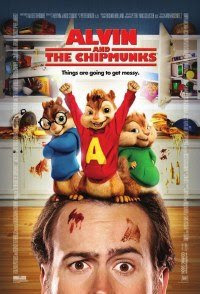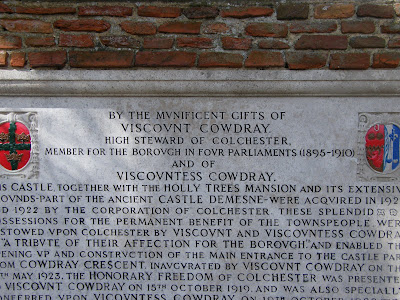Gareth sent in this scan of a recent Daily Mail front page with a question about the sentence construction used in the headline, but I'd been meaning to blog about this story for a different reason.

If you can't see the scan, I should tell you that the headline reads "Half the country hasn't an NHS dentist";
the web version of the same story explicitly states what the headline implies, namely that "Half the country can't get an NHS dentist". And perhaps for some of our foreign readers I should explain that the NHS is the
National Health Service – the role of which is to provide health care, often free, to anyone normally resident in England (Scotland and Wales apparently have their own Health Services).
In contrast to the headline, the story itself states only that:
In total, 23,161,368 people in England - almost half the population - received no dental care on the Health Service in the two years up to last September.
To my mind, there's a great deal of difference between someone being unable to get an NHS dentist and someone not receiving dental care from an NHS dentist. After all, there are many reasons why people might not go to an NHS dentist in any given period: they might choose to have private dental care; they might have a phobia of dentists; they might not think about going to the dentist at all.
So to say that half the country can't get an NHS dentist simply because they don't
go to an NHS dentist is highly misleading. It's part of a worrying trend of NHS-bashing I've noticed in the media – other popular soft targets include the BBC and the public transport network. Of course, all of these have their failings but there's no need to invent new failings by deliberately misinterpreting statistics.
In my own experience, which probably isn't representative of anything, I've had no problem finding an NHS dentist willing to take on new patients. It does seem usual to have to pay for a private hygienist though...

















